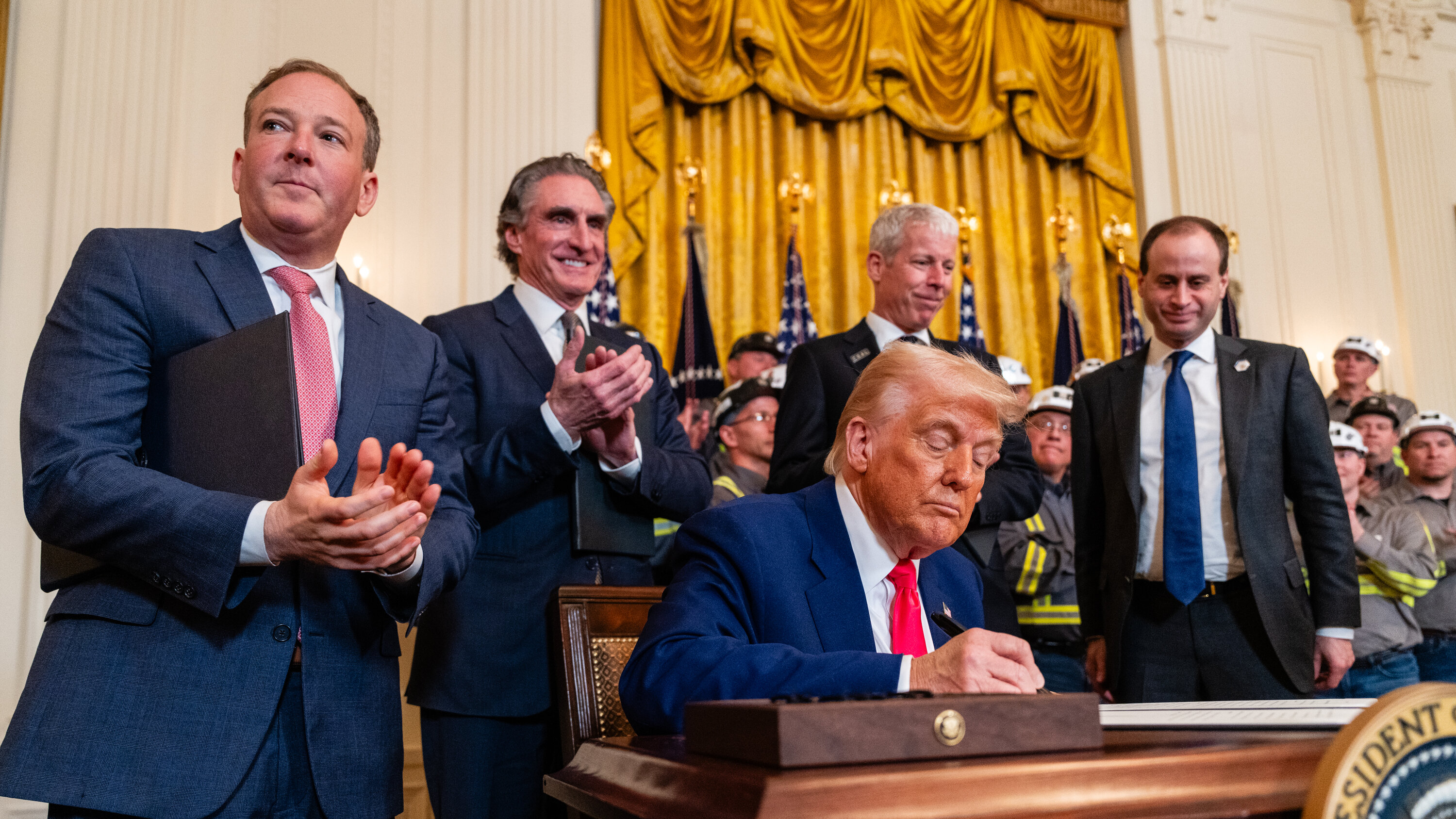Chemical Clearance Revolution: Trump's EPA Rewrites the Rulebook

In a significant strategic move, EPA Administrator Lee Zeldin revealed the agency's plans to realign its scientific resources and expertise. The announcement signals a potential shift in the Environmental Protection Agency's approach to research and environmental policy, promising a fresh perspective on critical environmental challenges.
Zeldin emphasized the agency's commitment to adapting its scientific capabilities to meet emerging environmental needs, suggesting a comprehensive reevaluation of current research strategies and priorities. This repositioning aims to enhance the EPA's ability to address complex environmental issues with more innovative and targeted scientific insights.
